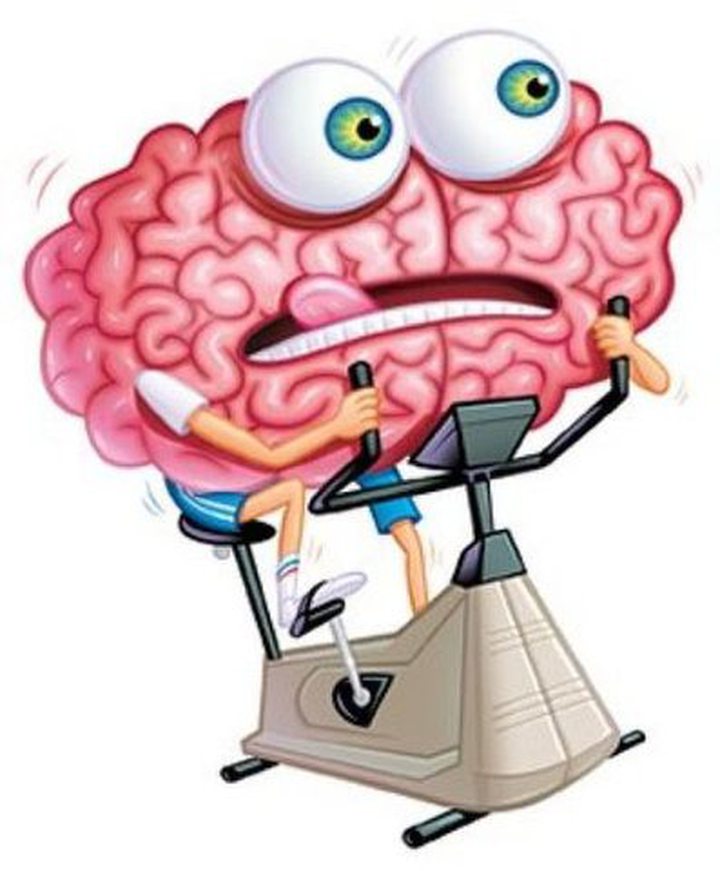Don't Multitask: Your Brain Will Thank You

The ability to juggle work is a standard job requirement.
Researchers have another name for this supposedly desirable skill, however: chronic multitasking.
If this sounds more like an affliction than a resumé booster, that's because research has shown again and again that the human mind isn't meant to multitask. Even worse, research shows that multitasking can have long-term harmful effects on brain function.
In a 2009 study, Stanford researcher Clifford Nass challenged 262 college students to complete experiments that involved switching among tasks, filtering irrelevant information, and using working memory. Nass and his colleagues expected that frequent multitaskers would outperform nonmultitaskers on at least some of these activities.
They found the opposite: Chronic multitaskers were abysmal at all three tasks. The scariest part: Only one of the experiments actually involved multitasking, signaling to Nass that even when they focus on a single activity, frequent multitaskers use their brains less effectively.
Multitasking is a weakness, not a strength. In 2010, a study by neuroscientists at the French medical research agency Inserm showed that when people focus on two tasks simultaneously, each side of the brain tackles a different task.
This suggests a two-task limit on what the human brain can handle. Taking on more tasks increases the likelihood of errors, so Nass suggests what he calls the 20-minute rule. Rather than switching tasks from minute to minute, dedicate a 20-minute chunk of time to a single task, then switch to the next one.
His second tip: "Don't be a sucker for email." The average professional spends about 23 percent of the day emailing, studies show. Inspired by that statistic, Gloria Mark of the University of California, Irvine, and her colleague Stephen Voida infiltrated an office, cut 13 employees off from email for five days, strapped heart monitors to their chests, and tracked their computer use. Not surprisingly, the employees were less stressed when cut off from email. They focused on one task for longer periods of time and switched screens less often, thereby minimizing multitasking.
Mark and Voida encourage business owners and their employees to check emails a few scheduled times per day and turn email notifications off the rest of the time. Adds Voida: "Quick questions are often better asked face to face or by phone, where they don't add to the huge amount of email we're already dealing with."





